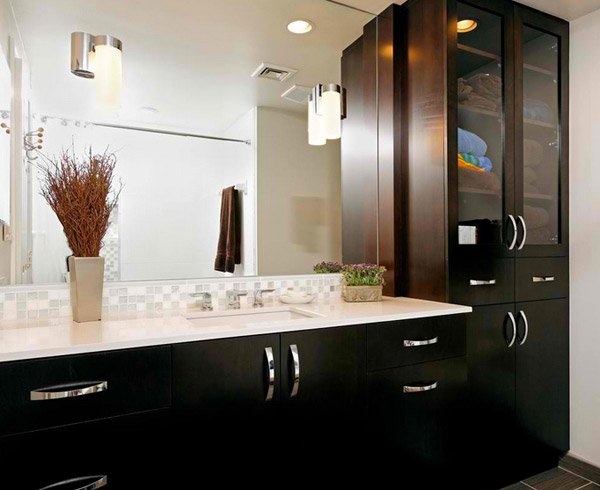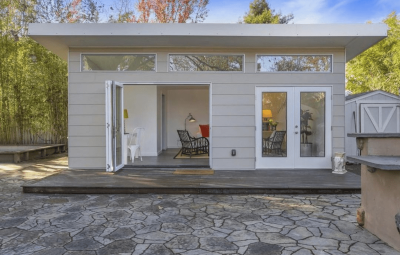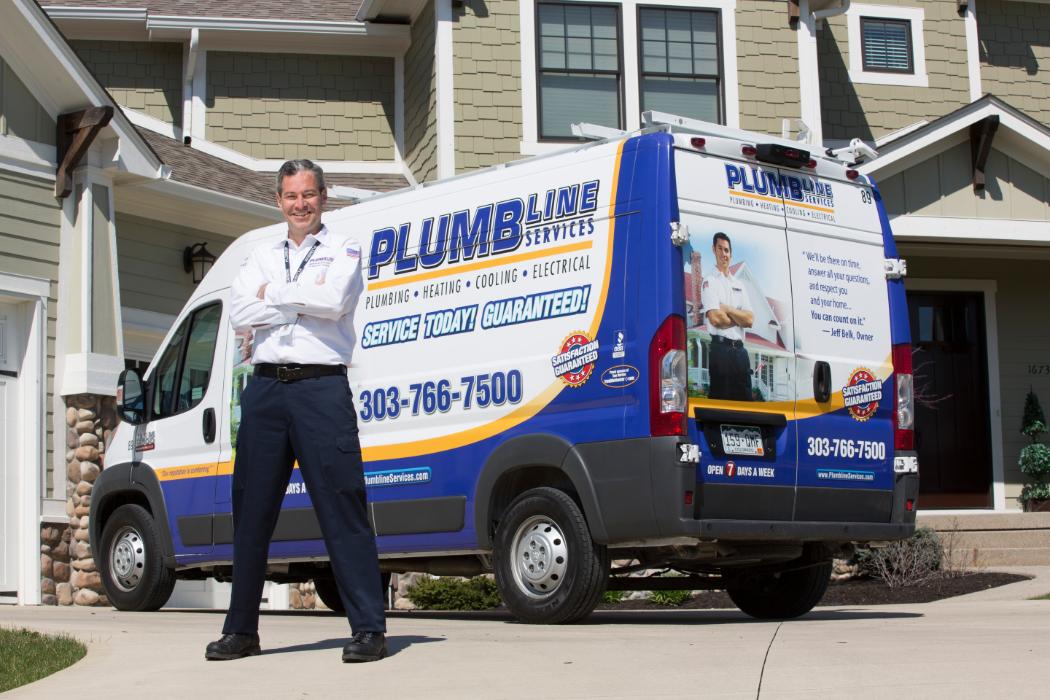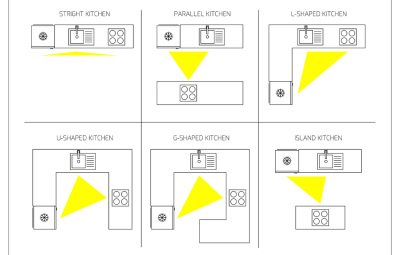A master plumber, commonly referred to as a master plumber or a plumber with many years of experience, is a professional who has taken many plumbing courses and has gained sufficient skill and knowledge to qualify as an eligible plumbing contractor. Their work is to ensure that all pieces of plumbing equipment, which include pipes, heaters, pumps and appliances like washing machines and dishwashers, are functioning correctly. They also oversee the hiring of sub-contractors, maintenance and repair of household and commercial plumbing systems.
Master plumbers begin their careers as journeymen plumbers who have shown enough knowledge and experience to be eligible for a professional license. Journeyman plumbers are typically assigned as plumbers to larger jobs and receive higher wages and more experienced in the field. As a plumber you will typically work on plumbing systems that are bigger than your own. This helps to build a network of resources that you can call upon when you require services from other plumbing companies.
Many master plumbers begin their journeyman plumbing career as journeymen electricians. These plumbers learn the basics of electric and electronic appliances and start building networks of technicians that service different home and business plumbing systems. The advantage of this career is that you will gain valuable information that you can apply when you open your own plumbing company. The downside is that you typically begin as an assistant to a master plumber and will have to work your way up the ladder from there.
The final career path that most master plumbers choose to take is through apprenticeship programs. An apprenticeship program takes you from completing your plumbing training to working directly under a licensed master plumber for five years. During this time you will receive extensive training, have hands-on practice with different types of plumbing tasks, and be supervised by a licensed master plumber. Working under a master plumber for five years gives you ample time to build a solid business foundation and gain the experience and knowledge necessary to be successful once you’re free to pursue your own entrepreneurial dreams.
Once you’ve completed your apprenticeship and are certified, you will need to take the licensure exam. This exam is typically administered either by the state your home is located in or by a national certification body. Typically, you will have to pass both the written portion of the exam and the practical portion in order to become licensed. Once licensed you will be required to take a minimum of two years in school at an approved community college or vocational school in order to be certified. Once you’re certified you will be able to work in all 50 states.
In order to be prepared for these licensing exams you should complete the Plumbing Code Examination and Plumbing Contractor’s Examination. These two tests will prepare you for the licensing exam. You can find out how to prepare for these exams by contacting your local board of plumbing. The more education and work experience you gain before applying for your license number the better your chances of being accepted.








